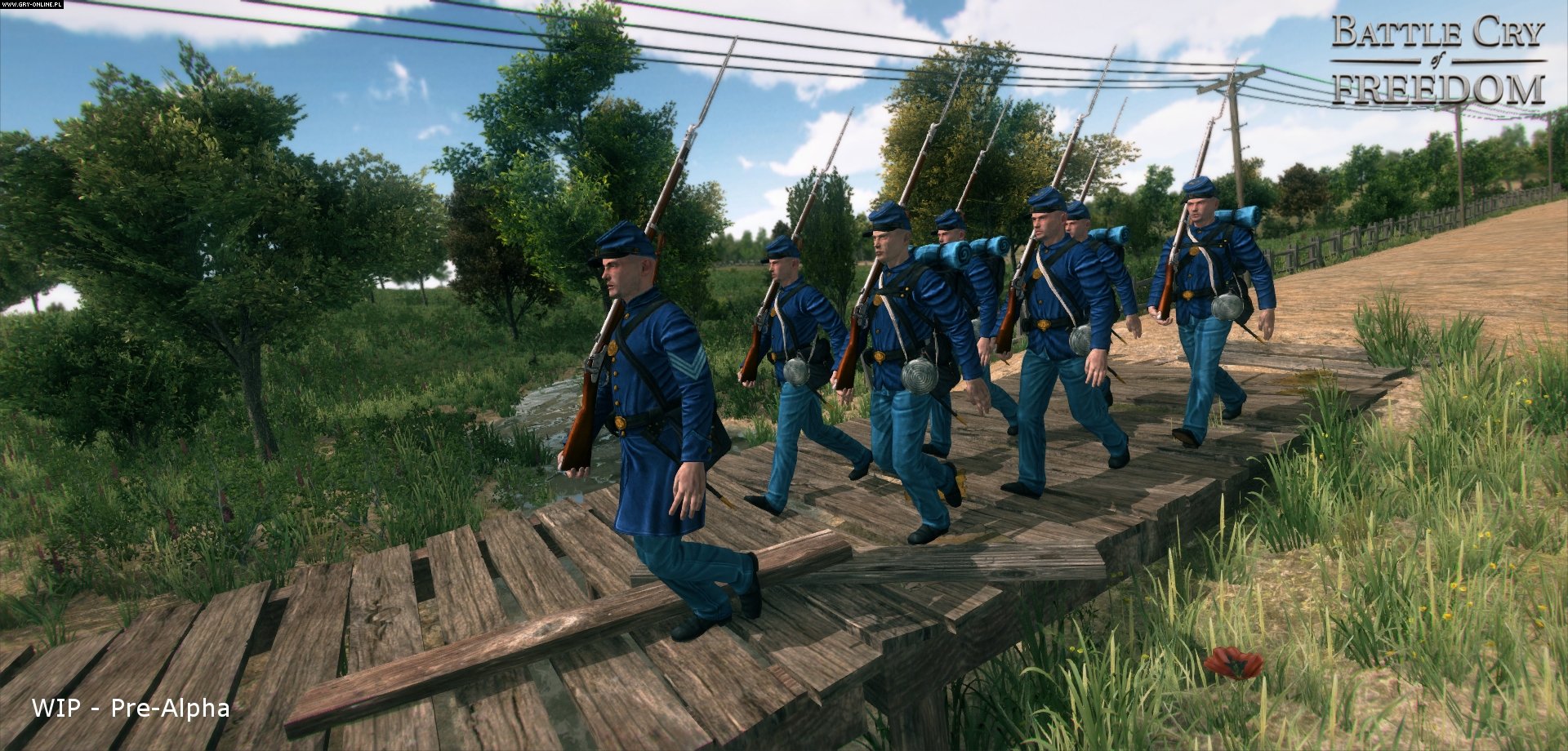

"Three million soldiers fought in the Union and Confederate armies. His latest work, which won the Lincoln Prize for 1998, For Cause and Comrades: Why Men Fought in the Civil War, delves into the hearts and minds of the soldiers on both sides.

He has since written several books about abolition, the war, Abraham Lincoln, and Reconstruction. His dissertation about the abolition movement went on to be published in 1964 as The Struggle for Equality: Abolitionists and the Negro in the Civil War and Reconstruction. My first entrée in Civil War scholarship focused on that very theme," says McPherson. "I was struck by all of these parallels between what was a freedom crusade of the 1860s and a freedom crusade of the 1960s. While McPherson was in Baltimore, events similar to the abolition movement he was studying were taking place all around the country. His subject for study were the abolitionists whose passions and protests helped put Abraham Lincoln in office and shape the social reforms brought about by the war. But it was not the war McPherson focused on then. Vann Woodward at Johns Hopkins University. The continuing relevance of those issues, I think, is one reason for the continuing fascination with the Civil War."īorn in North Dakota and raised in Minnesota, McPherson's first fascination with the Civil War began as a graduate student in 1958 under the mentorship of C.

"These issues are still important in American society today: regionalism, resentment of centralized government, debates about how powerful the national government ought to be and what role it ought to play in people's lives. "Even though the war resolved the issues of Union and slavery, it didn't entirely resolve the issues that underlay those two questions," McPherson says. New histories, biographies, miniseries, novels, and reenactments continue to capture the American imagination about the turbulent years between 18, partly because, as McPherson explains, the issues that caused the war are still with us. Because of it and other books, followed closely by Ken Burns's documentary, now thousands of Americans every year choose to visit historic battlefields and homes of Civil War generals and leaders. Battle Cry went on to win the Pulitzer Prize and has since sold more than six hundred thousand copies.īattle Cry of Freedom helped launch an unprecedented national renaissance of interest in the Civil War. Although historians had been McPherson at Gettysburg writing about the Civil War for decades, McPherson's book broke ground in combining the complexities of the war while maintaining the narrative that made it appealing to the American public. In 1988, his book Battle Cry of Freedom: The Civil War Era moved beyond the pillars of academia and into the public realm. "No period of American history makes greater demands on the historian than that of the Civil War," C.


 0 kommentar(er)
0 kommentar(er)
